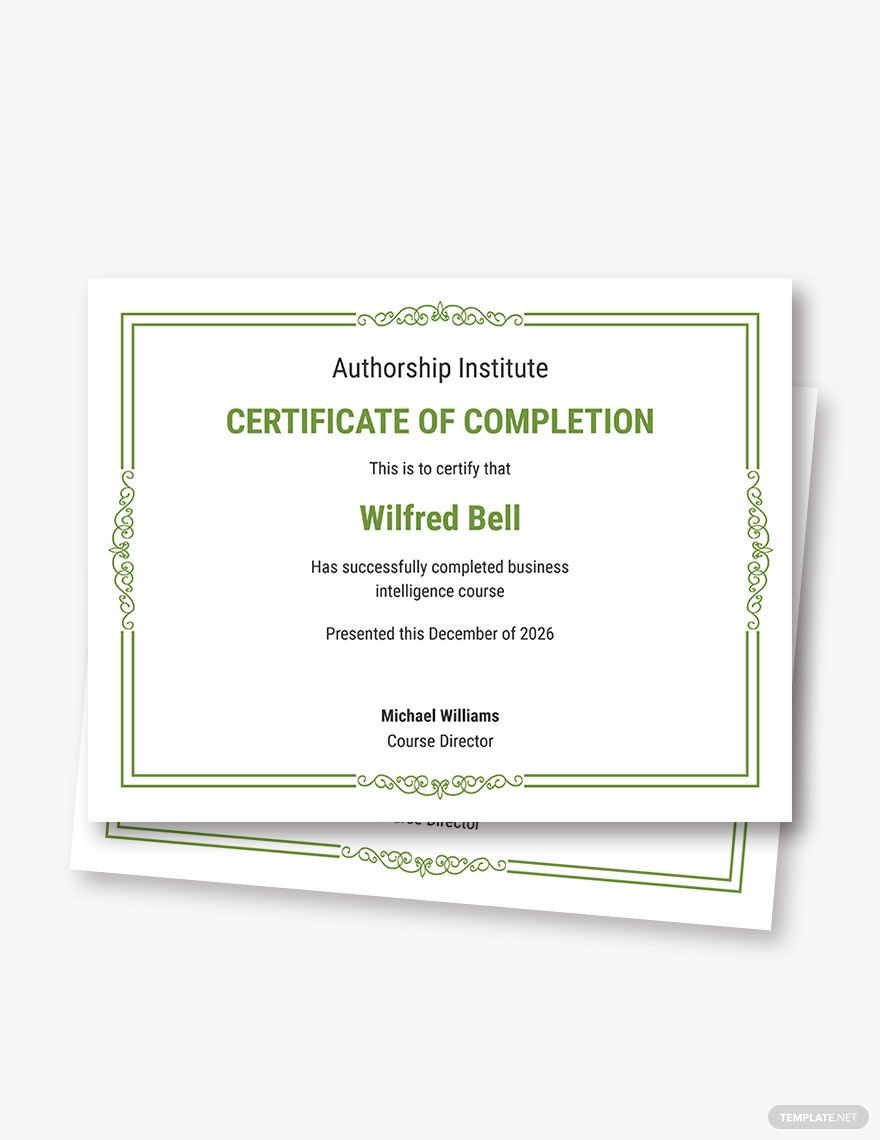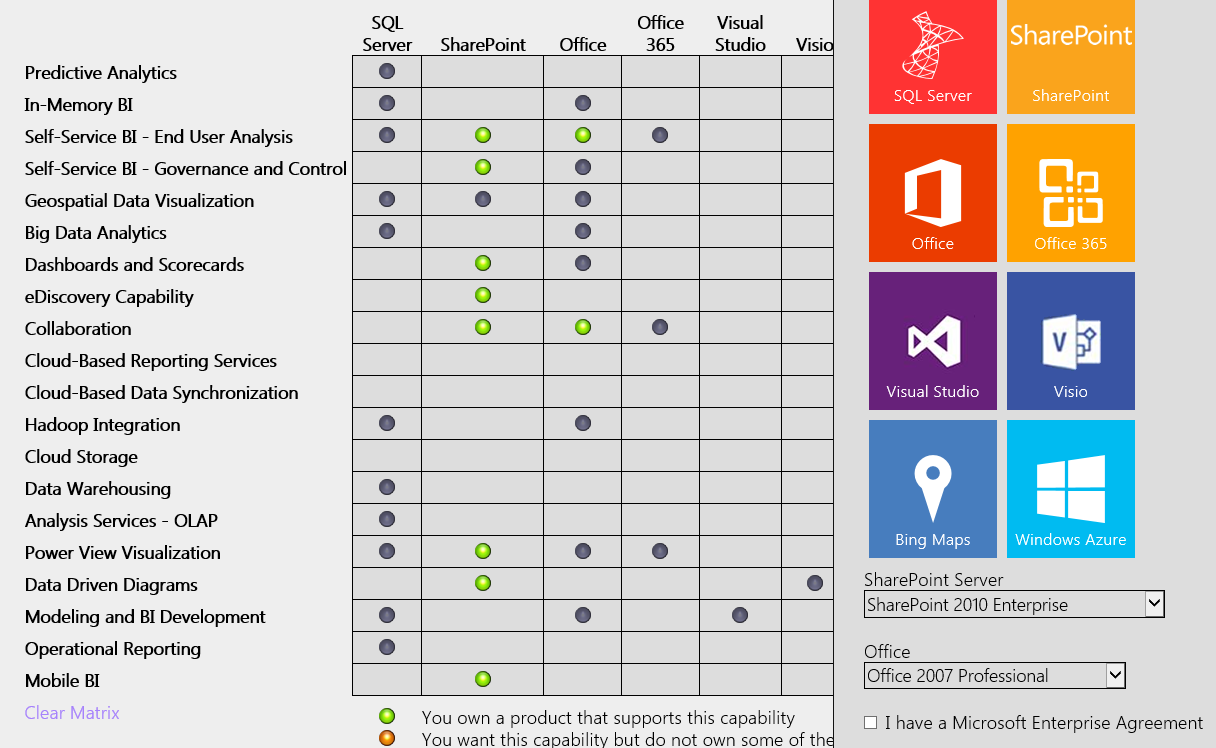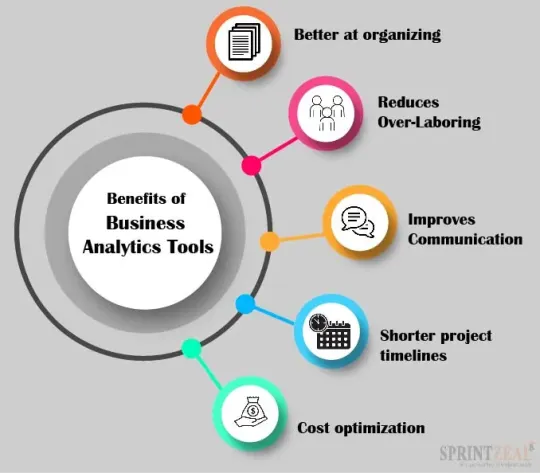How to Pay Out-of-Pocket for a Car Accident
If you’re in a car accident, it’s crucial to understand your financial responsibilities. In some cases, you may have to pay out-of-pocket for damages. Here’s what you need to know.
Understanding Your Responsibility
If you’re at fault in an accident, you’re responsible for paying for the other party’s damages. This includes medical expenses, property damage, and lost wages. The amount you’re liable for will vary depending on the severity of the accident and your insurance coverage.
Determining fault in a car accident can be complex. It depends on several factors such as who violated traffic laws, who had the right of way, and whose negligence contributed to the accident. If you’re unsure who’s at fault, you should consult with an attorney.
If you’re not at fault, you may still have to pay some out-of-pocket expenses, such as your deductible or copays for medical treatment.
Negotiating with the Other Party
If you’re at fault for an accident and the other party is seeking compensation, you can try to negotiate a settlement to pay them out-of-pocket. It is crucial to gather all the necessary information about the accident: police reports, witness statements, medical records, and any other relevant documentation.
When negotiating, be prepared to discuss your financial situation and your ability to pay. You may also want to consider hiring an attorney to help you negotiate.
In some cases, you may be able to work out a payment plan with the other party. This will allow you to pay off the damages over time.
Getting a Loan
If you can’t afford to pay for the damages out-of-pocket, you may need to get a loan. There are several types of loans you can consider, such as personal loans, car title loans, or payday loans.
It’s important to compare interest rates and terms before you take out a loan. You should also make sure you understand the repayment terms and how much the loan will cost you in the long run.
Filing for Bankruptcy
In some extreme cases, you may need to file for bankruptcy. This will discharge your debts, including any debts related to the car accident. However, bankruptcy is a serious step that should only be considered as a last resort.
Conclusion
If you’re involved in a car accident, it’s important to understand your financial responsibilities. You may have to pay out-of-pocket for damages, even if you’re not at fault. If you can’t afford to pay, you can try to negotiate with the other party, get a loan, or file for bankruptcy.
How to Pay Out of Pocket for Car Accident Expenses
If you’ve been involved in a car accident, you’re likely facing a pile of expenses. From medical bills and vehicle repairs to lost wages, the costs can add up quickly. If you don’t have sufficient insurance coverage, you may be wondering how you’re going to pay for everything out of pocket. Here are some steps you can take:
Calculating the Costs
The first step is to determine the total expenses you’re facing. This includes:
- Medical bills: This includes all costs associated with your injuries, such as hospital stays, doctor’s visits, and medication.
- Vehicle repairs: If your car was damaged in the accident, you’ll need to factor in the cost of repairs.
- Lost wages: If you were unable to work due to your injuries, you’ll need to calculate the amount of wages you lost.
Once you have a good understanding of the total costs, you can start to develop a plan for paying them off.
How to Pay Out of Pocket for a Car Accident
After a car accident, you may be faced with a hefty repair bill and medical expenses. If you don’t have car insurance or your coverage isn’t enough, you’ll need to pay for these costs out of pocket. This can be a daunting task, but there are options available to help you cover the expenses.
Gathering Funds
The first step is to gather funds to cover the costs. You may have to explore various options, such as using your savings, taking out loans, or setting up payment plans.
If you have a savings account, you can withdraw funds to cover the expenses. However, it’s important to only withdraw as much as you need, and to consider the long-term consequences of depleting your savings.
If you don’t have enough savings, you may need to take out a loan. There are several different types of loans available, so it’s important to compare your options and choose the one that’s best for you. You can get a personal loan from a bank, a credit union, or an online lender. You can also get a car title loan, which is a secured loan that uses your car as collateral.
If you’re unable to get a loan, you may be able to set up a payment plan with the repair shop or medical provider. This will allow you to spread out the cost of the repairs or medical bills over a period of time. However, it’s important to make sure that you can afford the monthly payments before you agree to a payment plan.
Other Options
In addition to the options listed above, you may also be able to get help from government programs or charitable organizations. There are several government programs that provide financial assistance to people who have been injured in a car accident. You can also contact local charities to see if they offer any financial assistance.
If you’re facing a large repair bill or medical expenses after a car accident, don’t panic. There are options available to help you cover the costs. By following the tips above, you can get the financial assistance you need to get back on your feet.
How to Pay for a Car Accident Out of Pocket
Getting into a car accident is never fun, and it can be even more stressful if you don’t have car insurance. If you find yourself in this situation, don’t panic! There are still ways to pay for your car accident expenses without breaking the bank.
Negotiating with the Other Party
One option is to negotiate with the other party involved in the accident. Many times, they may be willing to pay for your damages out of pocket. This is especially true if they were at fault for the accident. To get started, reach out to their insurance company or attorney and ask about payment arrangements.
Getting a Loan
If you can’t negotiate with the other party, you can try getting a loan to cover your accident expenses. There are many different types of loans available, so you’ll need to shop around to find the one that’s right for you. Keep in mind that you’ll need to start making payments on the loan once you get it, so make sure you can afford the monthly payments before you sign up.
Using a Credit Card
Another option is to use a credit card to pay for your accident expenses. This can be a good option if you have a good credit score and you can get a low interest rate. However, it’s important to keep in mind that you’ll need to pay off the balance on your credit card in full each month to avoid paying high interest charges.
Filing a Lawsuit
If you’re not able to negotiate with the other party, get a loan, or use a credit card, you may need to file a lawsuit to recover your damages. This is a more expensive and time-consuming option, but it may be your only option if you’ve been seriously injured in the accident.
Getting Help from a Lawyer
If you’re not sure how to pay for your car accident expenses, it may be helpful to consult with a lawyer. A lawyer can help you understand your options and negotiate with the other party on your behalf.
Paying Out of Pocket for a Car Accident
When you’re involved in a car accident, the last thing you want to worry about is paying for the damages. But if you don’t have car insurance, or if your coverage is limited, you may be wondering, "Can I pay for a car accident out of pocket?"
The answer is yes, you can pay for a car accident out of pocket. However, it’s important to weigh the pros and cons before making this decision.
Pros of Paying Out of Pocket
-
No insurance premiums: When you pay for a car accident out of pocket, you don’t have to pay monthly insurance premiums. This can save you a significant amount of money over time.
-
No deductible: When you file a claim with your insurance company, you typically have to pay a deductible. This is the amount of money you have to pay before the insurance company starts paying for the damages. If you have a high deductible, you could end up paying more out of pocket than if you just paid for the damages yourself.
-
Full control over the repair process: When you pay for a car accident out of pocket, you have full control over the repair process. You can choose the body shop you want to use, and you can get the repairs done at your own pace.
Cons of Paying Out of Pocket
-
Can be expensive: Paying for a car accident out of pocket can be expensive, especially if the damages are extensive. If you don’t have the money upfront, you may have to take out a loan or use a credit card to cover the costs.
-
No guarantee of repairs: When you pay for a car accident out of pocket, there is no guarantee that the repairs will be done correctly. If you choose a reputable body shop, the chances of a successful repair are higher. However, there is always the risk that the repairs will not be up to par, which could lead to further problems down the road.
-
May affect your credit: If you have to take out a loan or use a credit card to pay for a car accident out of pocket, this could have a negative impact on your credit score. This could make it more difficult to get approved for a loan in the future, and it could also increase your interest rates.
Filing a Claim
If you’ve decided that you want to pay for a car accident out of pocket, the first step is to file a claim with the at-fault driver’s insurance company. This will notify the insurance company of the accident and provide them with information about the damages. If negotiations fail, you can file a claim with your own insurance company, who may assist with coverage.
How to Pay Out of Pocket for a Car Accident
If you’re involved in a car accident, you may be wondering how you’re going to pay for the damages. After all, car repairs and medical bills can add up quickly. If you don’t have car insurance, or if your coverage doesn’t cover all of the costs, you may have to pay out of pocket.
How to Pay Out of Pocket for a Car Accident
Here are some options for paying out of pocket for a car accident:
- Cash: You can simply pay for the repairs and medical bills with cash. However, this can be a significant financial burden, especially if the damages are extensive.
- Credit card: You can use a credit card to pay for the repairs and medical bills. However, be aware that credit card interest rates can be high, so you’ll want to pay off the balance as quickly as possible.
- Loan: You can take out a loan to cover the costs of the car repairs and medical bills. This can be a good option if you don’t have the cash on hand to pay for the expenses.
- Crowdfunding: You can start a crowdfunding campaign to raise money to cover the costs of the car repairs and medical bills. This can be a good option if you don’t have other ways to pay for the expenses.
Legal Assistance
If the damages are substantial or the other party is disputing liability, you may want to consider seeking legal advice. An attorney can help you determine your legal rights and options, and can represent you in court if necessary.
Negotiating with the Insurance Company
If you’re dealing with the other driver’s insurance company, you’ll need to be prepared to negotiate. The insurance company will likely try to offer you a settlement that is less than what you’re asking for. Don’t be afraid to stand up for yourself and negotiate for a fair settlement.
Filing a Lawsuit
If you’re unable to reach a settlement with the insurance company, you may need to file a lawsuit. This is a more adversarial process, but it may be necessary to get the compensation you deserve.
Getting a Fair Settlement
The amount of compensation you receive will depend on a number of factors, including the severity of your injuries, the extent of the property damage, and the other driver’s liability. If you’re not sure how much you should be asking for, you can talk to an attorney.
Paying for Car Repairs
If you’re paying for car repairs out of pocket, you’ll want to get multiple estimates before you make a decision. This will help you ensure that you’re getting a fair price. You can also try to negotiate with the repair shop to get a lower price.
Paying for Medical Bills
If you’re paying for medical bills out of pocket, you may be able to get a discount if you pay in full. You can also try to set up a payment plan with the hospital or doctor’s office.




Leave a Reply